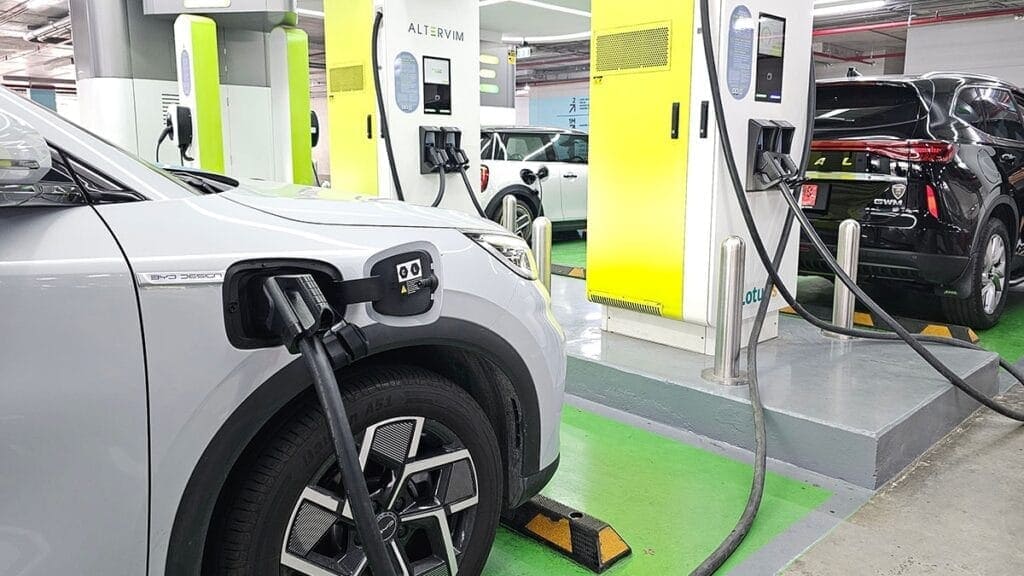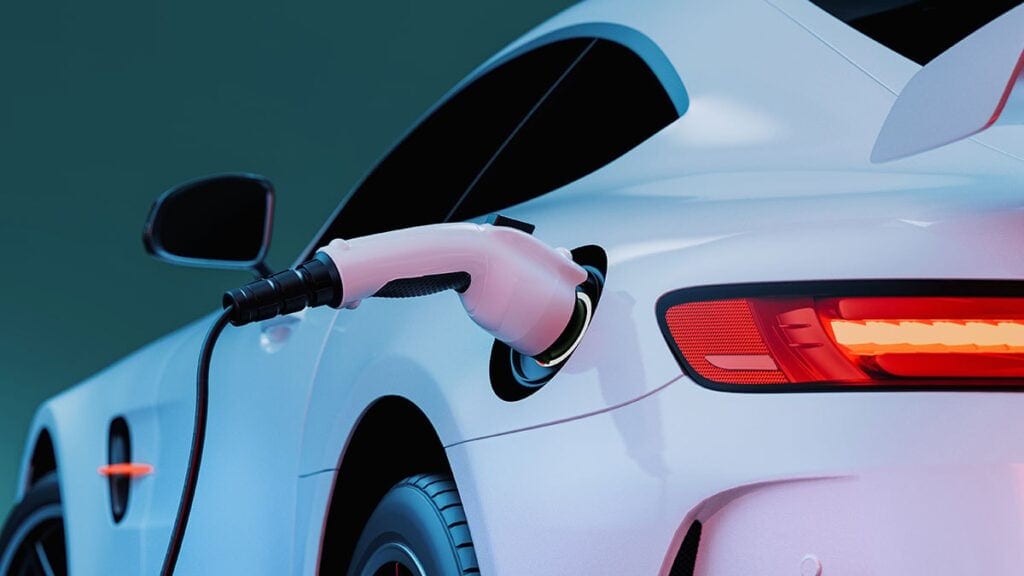The electric vehicle (EV) industry is on the cusp of a groundbreaking innovation. At the 2024 Paris Motor Show, ProLogium, a leading ceramic battery manufacturer, unveiled a next-generation battery capable of delivering an astonishing 300 km range with only a 5-minute charge. This cutting-edge technology promises to redefine sustainable mobility and address one of the most critical challenges in EV adoption: charging time.
Key Features of the New Battery Technology
ProLogium’s innovative battery, built with a silicon composite anode, stands out by offering significantly higher energy density compared to conventional lithium-ion (Li-ion) and lithium iron phosphate (LFP) batteries:
- Energy Density Metrics:
- Volumetric energy density: 749 Wh/L
- Gravimetric energy density: 321 Wh/kg
For context, existing LFP batteries typically offer less than 200 Wh/kg, while Li-ion batteries fall between 200–300 Wh/kg. This breakthrough positions ProLogium’s technology far ahead of current solutions, enabling lighter, more compact battery designs.
Moreover, the company aims to increase this energy density by 77% by the end of 2024, paving the way for even greater efficiency and range.
Implications for EV Design and Performance
The increased energy density of ProLogium’s battery opens new possibilities for EV manufacturers:
- Compact and Efficient Designs: Smaller battery packs with the same or greater power output allow automakers to free up space for other design elements or reduce overall vehicle weight.
- Extended Range for Compact Cars: Even small EVs can achieve greater ranges, making electric mobility more practical for urban and long-distance commuters alike.
- Modular and Repair-Friendly: The modular design of these batteries simplifies maintenance. Instead of replacing an entire pack, only the damaged cells or modules can be swapped out, reducing long-term costs.
ProLogium’s Journey and Global Collaboration
Founded in 2006, ProLogium has been a pioneer in solid-state battery technology. The company has delivered over 8,000 solid-state battery prototypes to global automakers for testing and module development. Now, ProLogium is gearing up for mass production, collaborating with Germany-based FEV Group, a leader in automotive engineering, to scale up this breakthrough technology.
Thomas Hülshorst, Vice President of Global Electrified Powertrain Systems at FEV Group, stated:
“By combining ProLogium’s innovative technology with FEV’s engineering expertise, we have developed battery designs that surpass regulatory standards and market expectations. This collaboration is paving the way for the future of sustainable mobility.”

What This Means for Sustainable Mobility
ProLogium’s new silicon-anode battery technology represents a giant leap toward reducing range anxiety and charging times—two of the biggest barriers to EV adoption. The first commercial production of these batteries is set to begin in 2027, marking the start of a new era for electric transportation.
With partnerships and rigorous testing already in motion, this revolutionary battery could transform the EV landscape in North America, especially in the U.S. and Canada, where the demand for efficient, long-range EVs is steadily rising.
FAQs About ProLogium’s Battery Technology
1. How does a silicon-anode battery differ from traditional lithium-ion batteries?
Silicon-anode batteries use a silicon composite material instead of graphite in the anode, allowing for significantly higher energy density and faster charging times.
2. When will these batteries be available in EVs?
Mass production is expected to start in 2027. ProLogium has already delivered prototypes to major automakers for integration testing.
3. Will this technology reduce the cost of EVs?
Yes. The modular design reduces repair costs, and the increased efficiency allows manufacturers to use fewer resources per vehicle, potentially lowering overall costs.
4. What does this mean for EV adoption in Canada and the U.S.?
With long driving distances and cold climates in many regions, this technology could make EVs more practical for North American drivers by offering extended range and reduced charging times.
5. Is this technology sustainable?
Absolutely. By increasing battery efficiency and reducing waste through modularity, ProLogium’s solution aligns with global sustainability goals.
ProLogium’s innovation is a glimpse into the future of electric mobility. As these batteries hit the market, they are poised to accelerate the global shift toward greener transportation.







